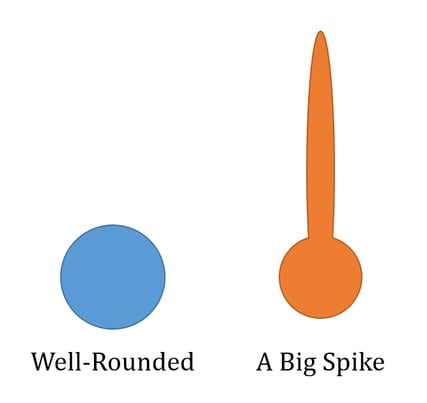Here's the problem: my cousin has 7 A *s in O Level and is predicted to get 4 A *s in A Level. I wanted to try to obtain some insight into this, which is why I came here.
He only took 7 subjects and got A*s in all of them. Someone told him that having 7 A*s in O Level isn't enough for the Ivy Leagues or universities like Berkeley, UCLA, Stanford or University of Chicago. Most people take 8 subjects, or even 9 in O Level. He isn't sure if he is in a disadvantage. Is 7 A*s the minimum that universities need? I've heard having taken just 6 subjects or 5 and getting A's in those isn't enough. I've heard mixed opinions about 7 A's.
Is getting 7 A*s in O Level enough for applying to these universities? Has there been any student who got into these universities above with just 7 A*s in O Level and the other pre-requisites like good AS/A2 Level scores, SAT I and II scores, etc?
He only took 7 subjects and got A*s in all of them. Someone told him that having 7 A*s in O Level isn't enough for the Ivy Leagues or universities like Berkeley, UCLA, Stanford or University of Chicago. Most people take 8 subjects, or even 9 in O Level. He isn't sure if he is in a disadvantage. Is 7 A*s the minimum that universities need? I've heard having taken just 6 subjects or 5 and getting A's in those isn't enough. I've heard mixed opinions about 7 A's.
Is getting 7 A*s in O Level enough for applying to these universities? Has there been any student who got into these universities above with just 7 A*s in O Level and the other pre-requisites like good AS/A2 Level scores, SAT I and II scores, etc?
Last edited:

